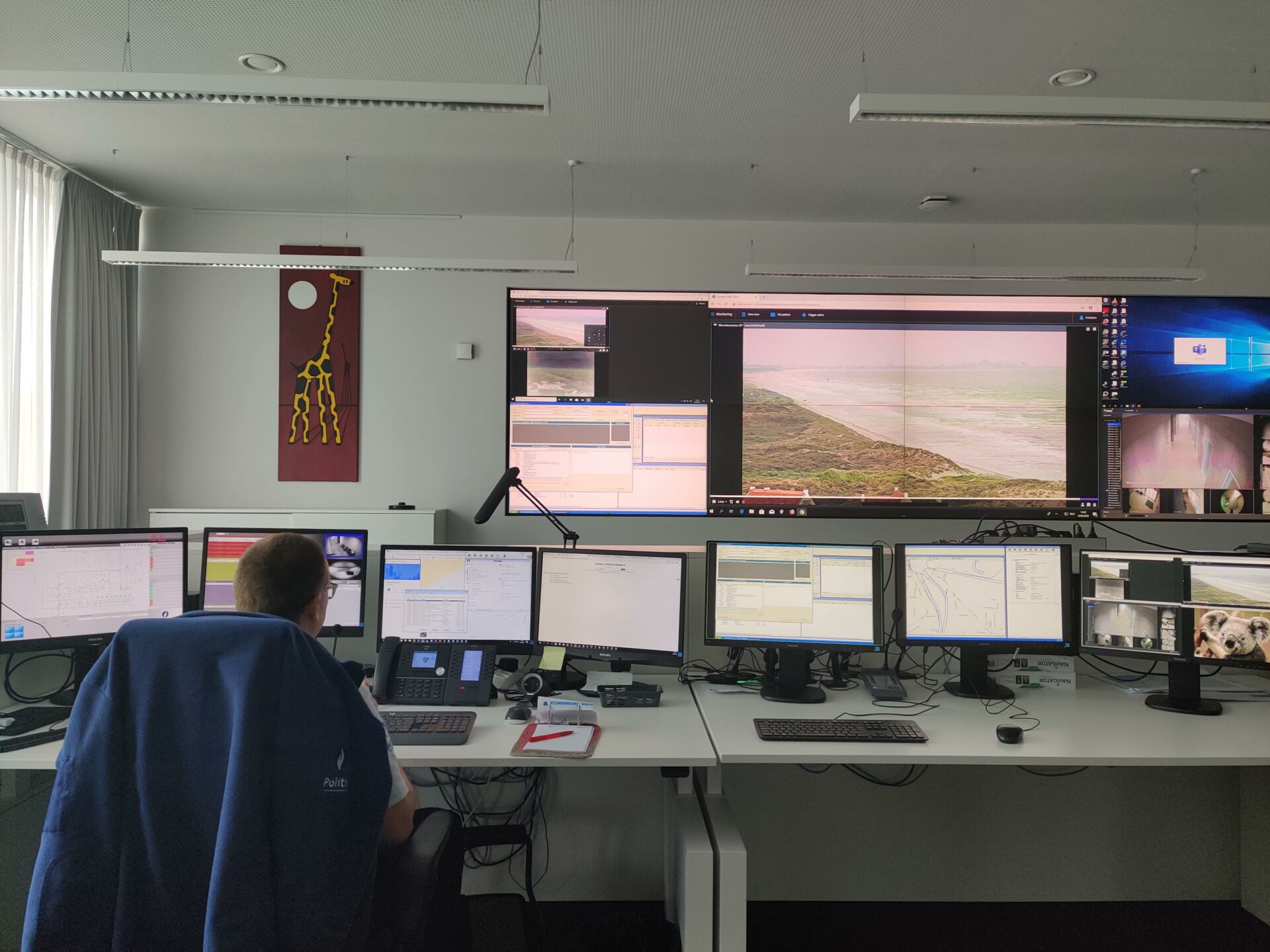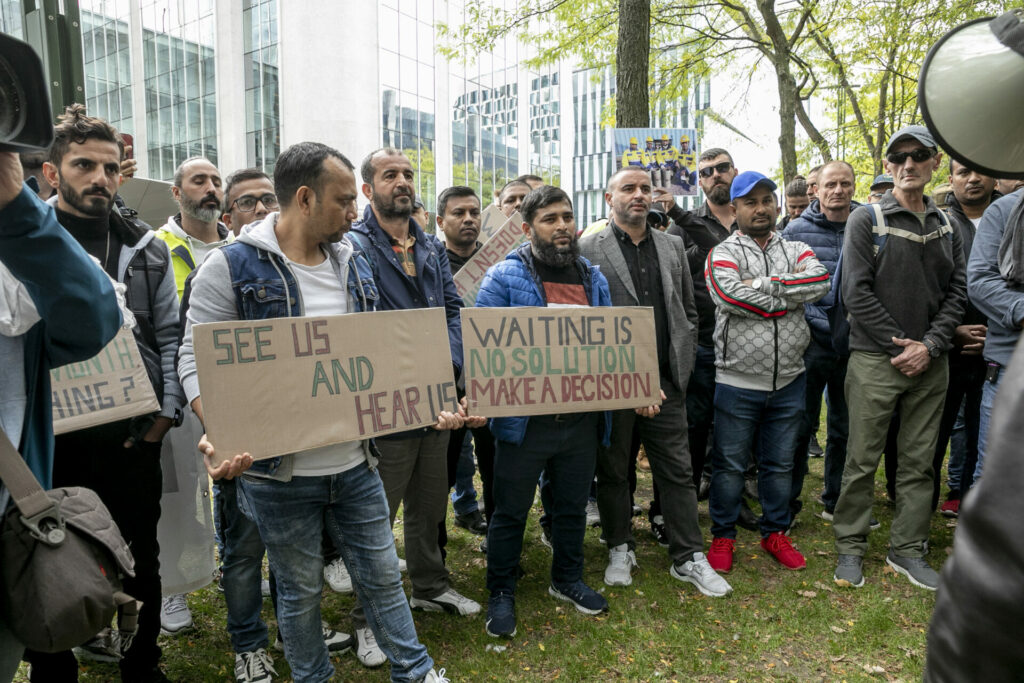Belgium has been called on to improve access to legal aid and compensation for victims of trafficking by the Council of Europe's Expert Group on Trafficking in Human Beings (GRETA).
While the group welcomed some positive changes — a law stating trafficking victims should not be punished for crimes committed under duress and the fact the number of investigations and prosecutions increased — some challenges remain, the experts found, as stated in an extensive report published this week.
"Presumed victims should be better informed about their rights and the eligibility criteria for obtaining legal aid should be reviewed and simplified," a statement from the group read. "Whilst it is possible for victims to claim compensation, a limited number of victims have successfully done so."
These were among the group's findings following an analysis of Belgium’s implementation of the Council of Europe’s anti-trafficking convention.
In recent months, this topic has become more widely discussed in the country, most notably following reports that more than 150 possible victims of human trafficking were being exploited at a chemical company in Antwerp, and that they were not given sufficient support.
Psychological support lacking
Between 2017 and 2020, 475 victims of human trafficking received support from specialised centres. "The majority of victims were men trafficked for economic exploitation, whilst the second most common type of exploitation, mainly affecting women, was sexual exploitation," the report read.
While the quality and duration of the psychological support provided to victims was welcomed experts noted that it is only offered to victims who are accommodated in help centres, which have limited accommodation capacity, sometimes resulting in them refusing to take in new people.
In its response, the Belgian authorities stated that there are other options to receive psychological support, such as that offered to asylum seekers by Fedasil, however, this agency is already overburdened by the reception crisis in Belgium.
Compensation for victims, funding for police
Experts noted that authorities should improve the manner in which access to legal aid is facilitated, and that assistance measures should not depend on the victim's consent to cooperate in the investigation and criminal proceedings.

Image shows the Federal Police's human trafficking department at work. Credit: Belga / Maaike Tijssens
The report also stressed that the criteria for accessing the Financial Aid Fund for Victims of Intentional Acts of Violence should be reviewed, and that the country should allocate sufficient staff and budgetary resources to the police units in charge of combating human trafficking and the labour inspectorate so that they can carry out their work in an efficient and proactive manner.
Finally, the experts noted they were concerned about the low number of children identified as victims of trafficking, and called on the authorities to improve the training of professionals in this field and strengthen assistance to unaccompanied minors.
Related News
- International 'luxury human trafficking' operation run from East Flanders
- Flanders cracks down on illegal employment on construction sites
This summer, the Federal Government opened a central contact point to help fight against human trafficking and smuggling, which allows both victims or witnesses to get more information, file a report or contact specialised help centres.
The aim of the platform is also to assist in unmasking and dismantling criminal networks involved in trafficking and smuggling humans.

